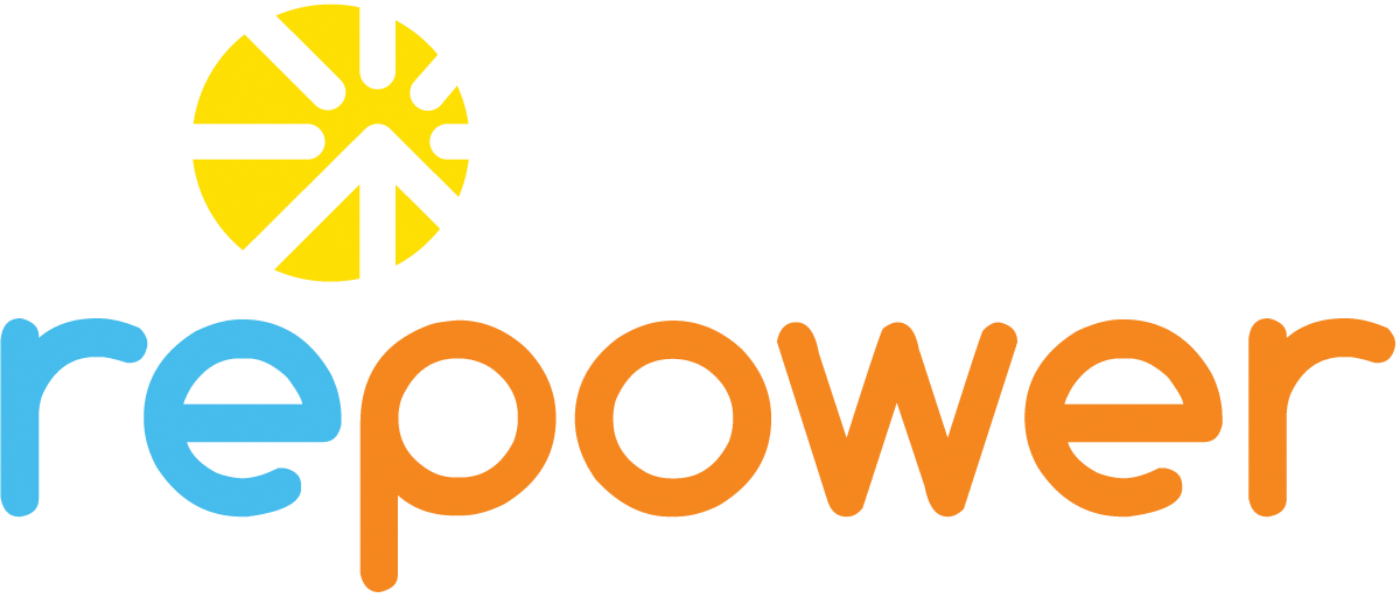Tim Keller is a regional treasure, our Peter Pan leading the march for Davis-based inventors, innovators and entrepreneurs, the collective crazies who make stuff (and make stuff happen). I have the pleasure of serving on the board of Inventopia, Tim’s non-profit incubator/maker space housed on 5th Street in Davis.
Tim is not sleeping much, a typical UC Davis Aggie who’s restlessly working to help the world. I caught him this morning — social-distanced phone chat — at Inventopia, mid-stream in doing his part to help stem the COVID-19 crisis and just prior to his community call to build a 3D printer farm. Here’s a recap of our caffeine-fueled convo:
What’s up?
I’m focused on helping however we can. Just like in entrepreneurship, you figure out where the market is and where you can add value. A lot of people are printing face shields for doctors. Personal protective equipment, especially filtering masks, are in short supply. Big manufacturers are ramping up supply, but its still probably going to be enough. There are designs out there for 3D printable masks - but they are not good enough - those masks do not seal to the face, and no one has figured out a good filter media that isn’t going to canibalize the stock of material that’s used in N95 masks.
So, your solution?
I am making a 3D printable face mask that anyone can make (with a 3D printer), with a filter than anyone can source, and that is effective. With that, we’re widening the pipe. We will both make it — I’m 90% done with the design for the mask — and open-source the design to other makers. Just last night I nailed how to get it to fit to the face — using a mix silicone and corn starch — a I modified the mask design so the putty can lock in to the mask. On the filter side, we are still figuring out what the most commonly available materials are. I’m using a method documented in Nature magazine, if the filter fibers are encrusted with salt, the salt absorbs the droplets and then recrystallizes mechanically tearing the virus apart.
So, you’re going to make protective masks and also enable others to do so. Awesome. What’s your timing?
We may be a week out on the filter. On the mask, I’m announcing today we are going to start collecting 3D printers from the community to make a print farm. We need to ensure printed parts are not contaminated (i.e., in individual, potentially contaminated locations), So the print farm will be centralized and run by two people. The masks and filters are two pieces, which thread together.
The design — the Inventopia mask — will be open-sourced, available to anyone. I have a sub-segment of eight people who are working on it with me online. I started printing them — made two last night — and will issue a call to the community to loan 3D printers and provide any materials they have.
How many can you make?
Our production ramp primarily depends on how many 3D printers we can find.
What about other products?
There are many people who are making ventilators. Our machinery shop can make metal parts for ventilators. Inventopia will be there to make it. I have been urging the people on those design tracks not to view making ventilators solely via 3D printing. You can’t do it with 3D printing only. You need machine shops, like what we have at Inventopia, to construct the metal parts for ventilators, so we intend to help in that respect as well.
Why are you doing this?
It’s a time where I see a need, I can help, that’s what I do. I don’t know if in-house (at Inventopia) manufacturing can make a world of difference. But, if we save one life, it’s worth it. Seriously, how many times in your normal daily life do you have potential to save a life? I have always been someone who wants to be part of the solution. Inventopia: That’s why I’m doing it, to help people, because conditions suck for entrepreneurs and makers. I’m trying to help and the urgency of now is NOW.
How can our community help?
If you have a 3D printer in your home or at your office, and it can run without being attached to a computer, please consider lending it to Inventopia for the next couple of months. We are also interested in donations of printer filament. (Tim’s email: tkeller [at] inventopia [dot] org)



